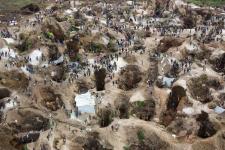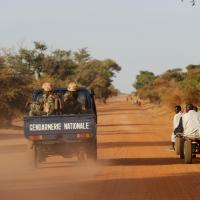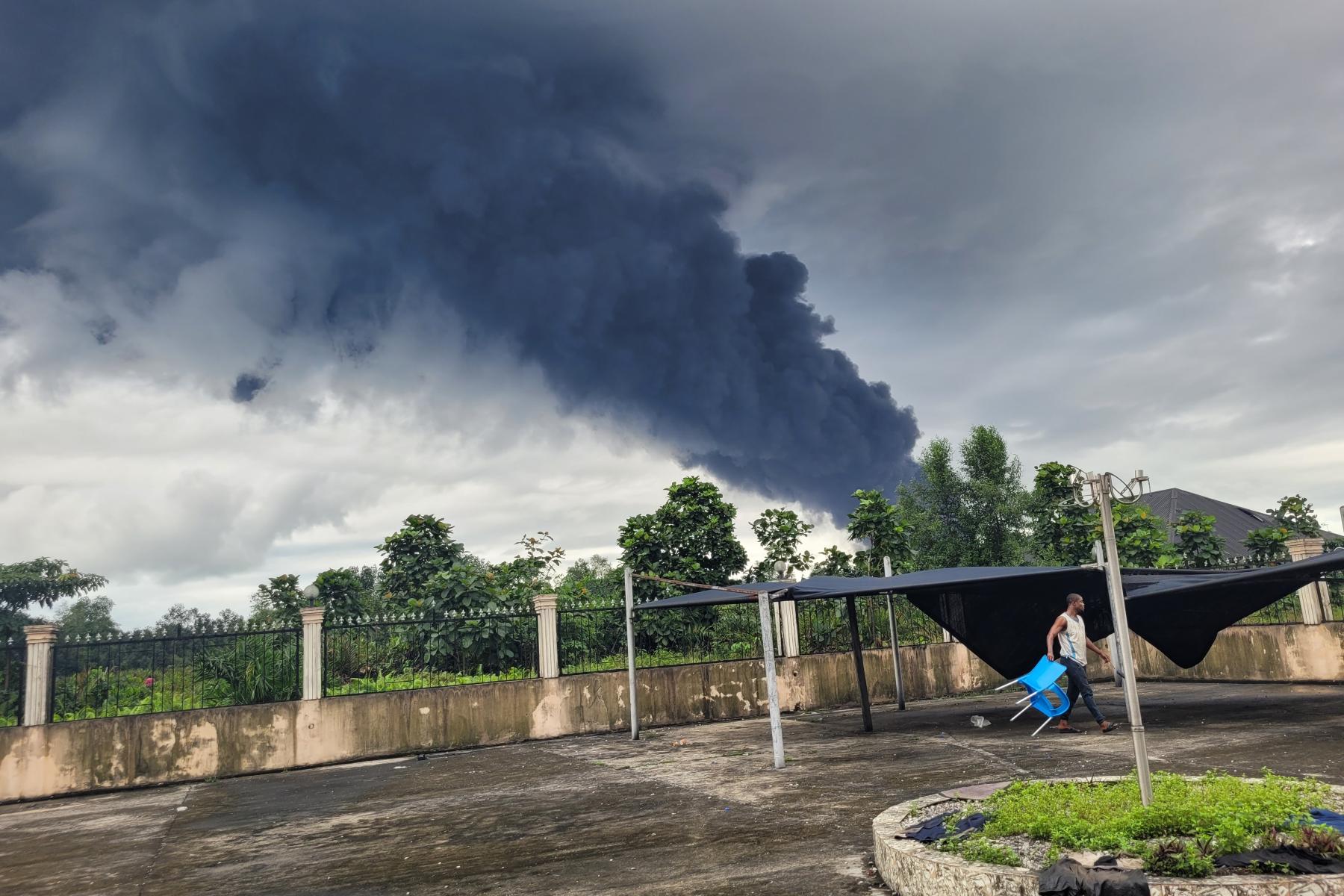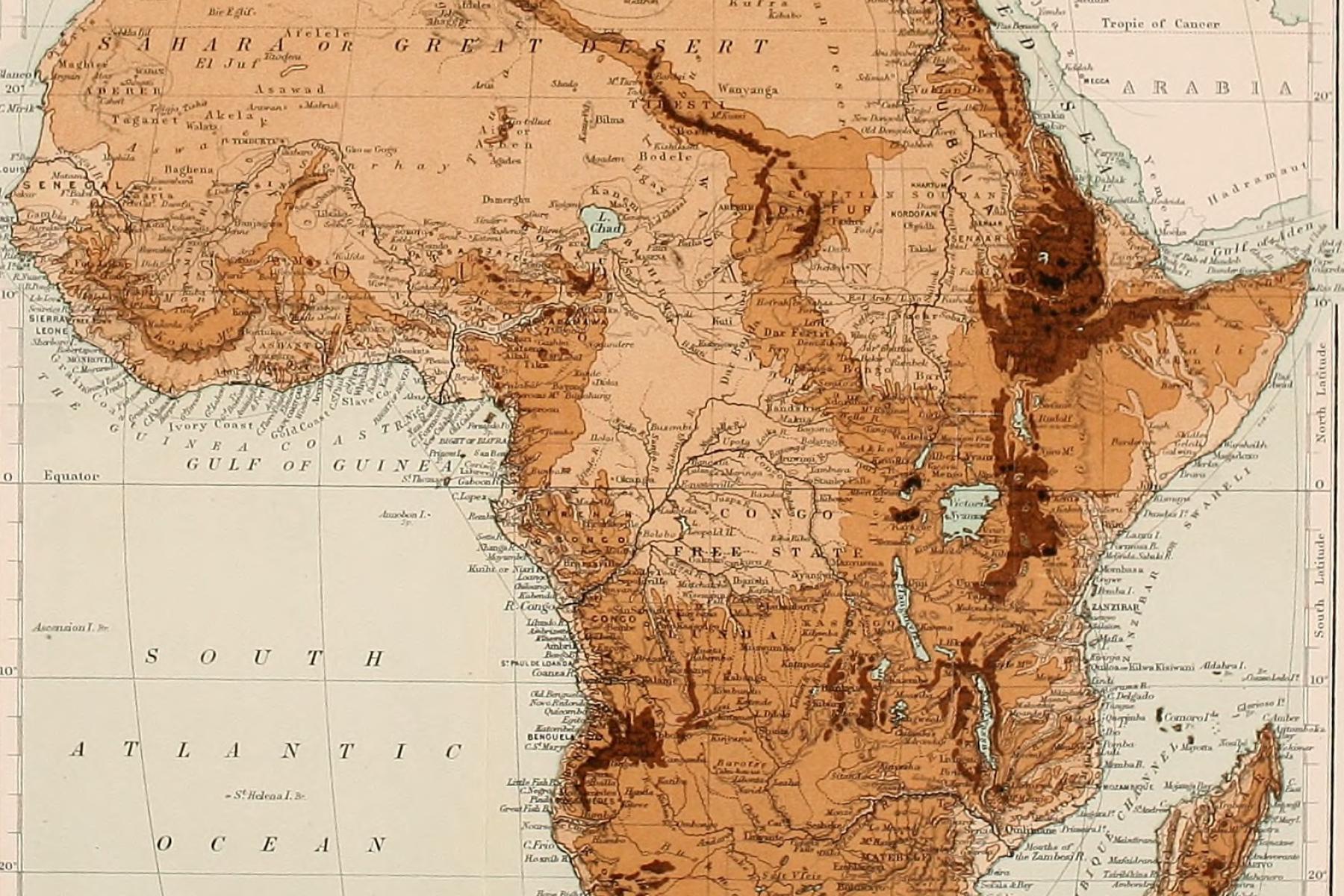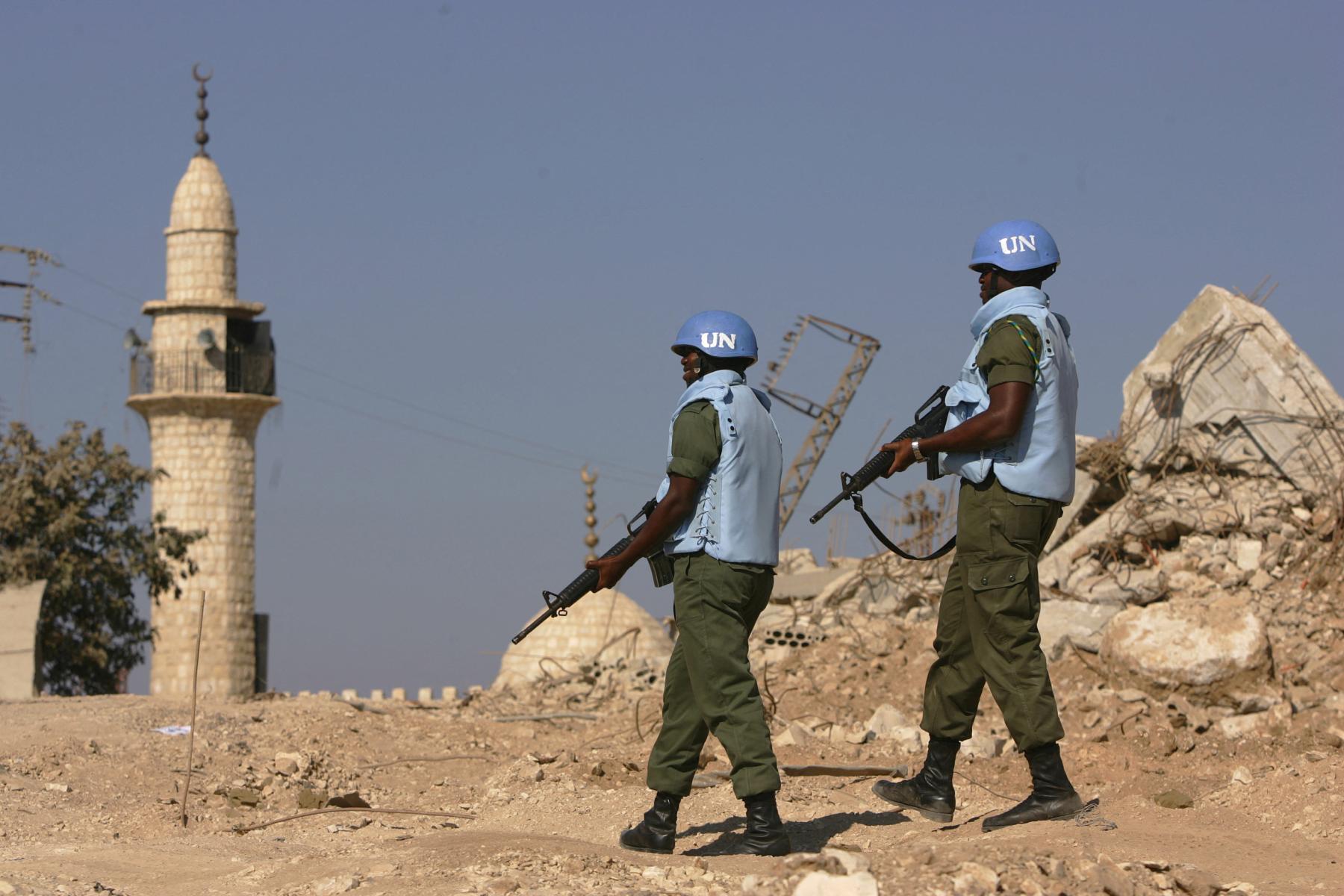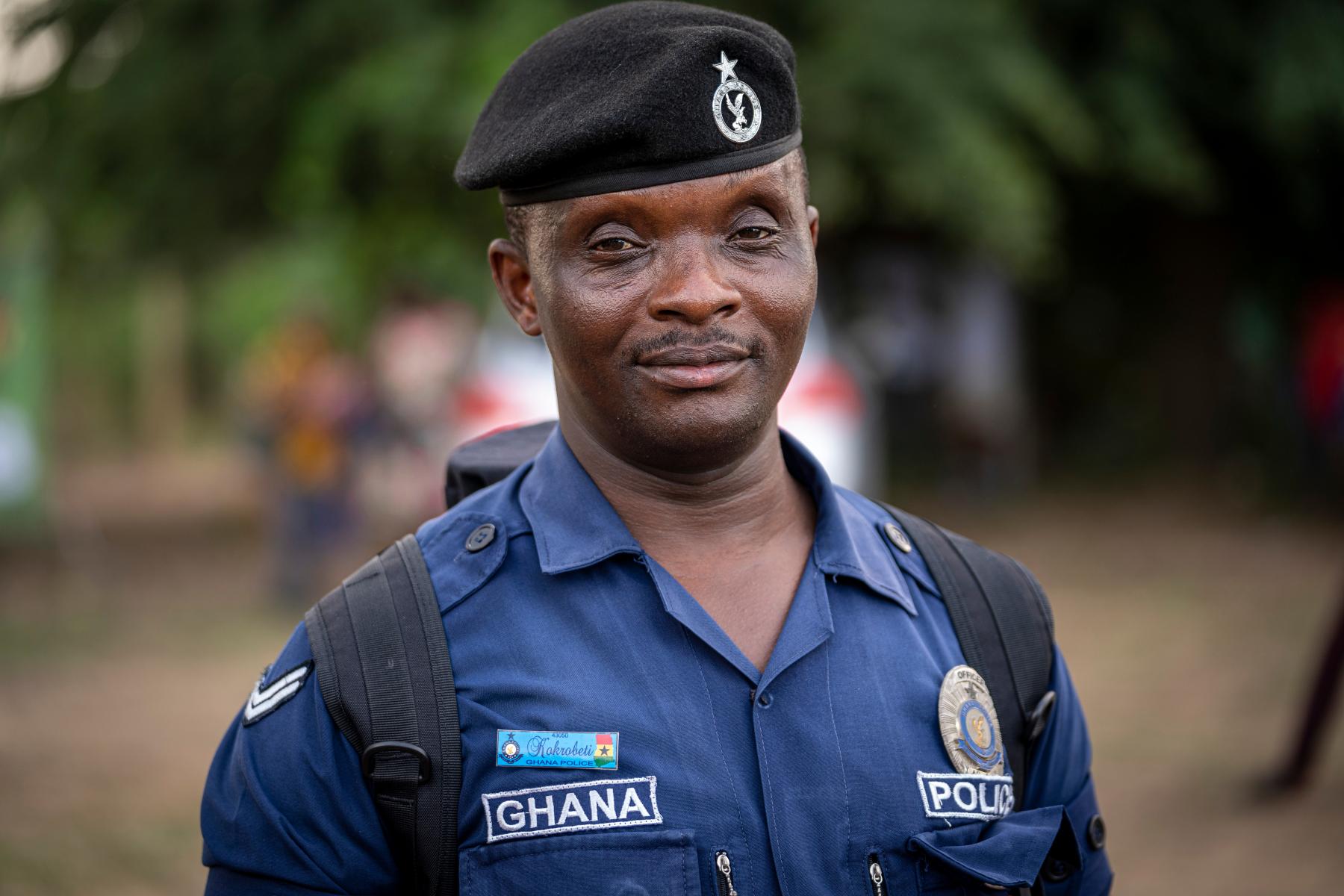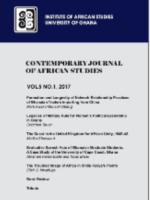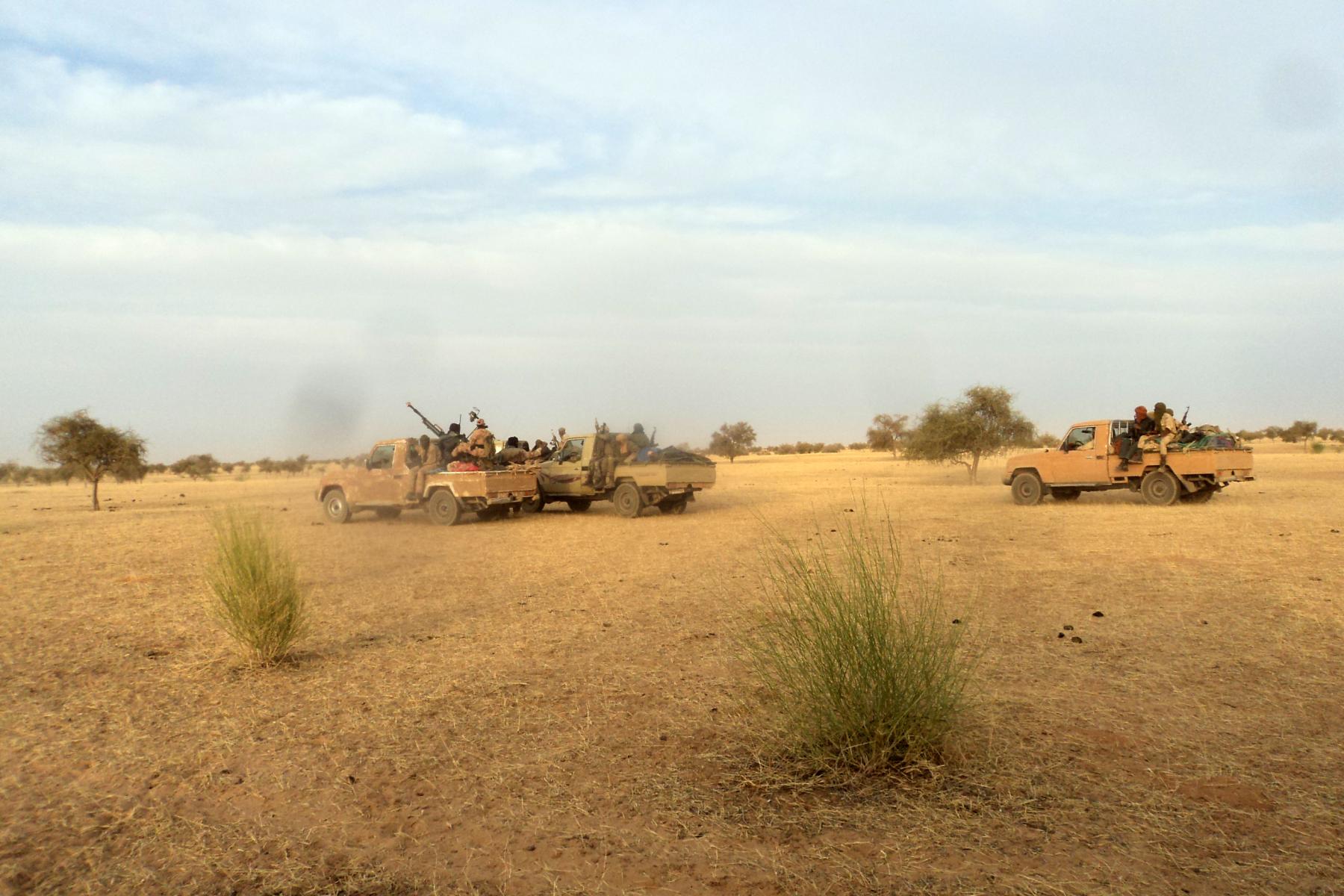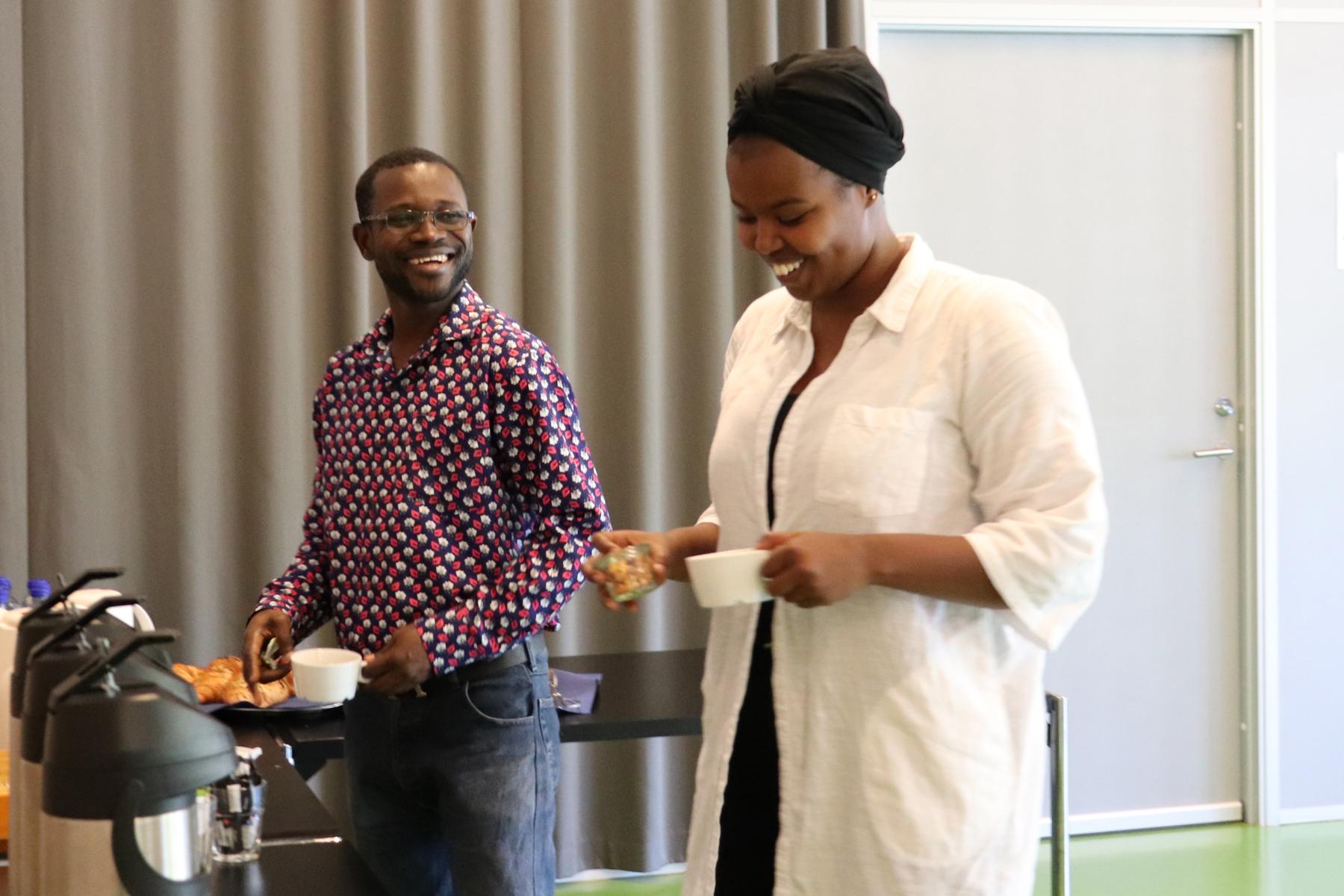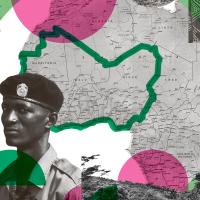D-SIP – Domestic Security Implications of UN Peacekeeping in Ghana
D-SIP is a five-year research project that explores the linkages between UN peacekeeping contributions, domestic security provision and drivers of stability in Ghana. It generates knowledge on how participation in peacekeeping abroad shapes the effectiveness and legitimacy of the police and military and provides insight into the broader dynamics of peace and state-building. D-SIP looks at this issue from the national to the local level, and from policy-making to everyday practices of policing.
D-SIP is coordinated by DIIS, in partnership with the Institute of African Studies (IAS) at the University of Ghana, Kofi Annan International Peacekeeping Training Centre (KAIPTC), and Danish Institute Against Torture (DIGNITY). It is funded by the Danish Ministry of Foreign Affairs, Danida.
Blog: Researchers' reports from the field
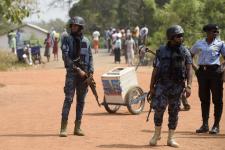

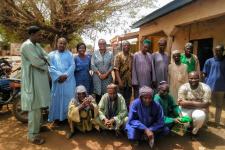

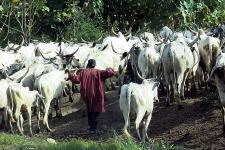
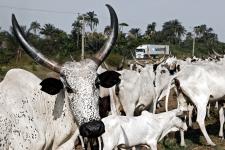
Research and activites
-
Photo/illustration by Delali Adogla-Bessa, ShutterstockJournal Article2022Peacekeeping and the Ghana Police Service’s transformation agendaPeter Albrecht
-
Journal Article2022Peter Albrecht
-
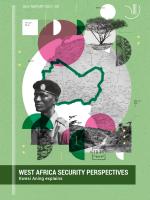 DIIS Report2021Kwesi Aning explainsKwesi Emmanuel Aning, Peter Albrecht & Anne Blaabjerg Nielsen
DIIS Report2021Kwesi Aning explainsKwesi Emmanuel Aning, Peter Albrecht & Anne Blaabjerg Nielsen -
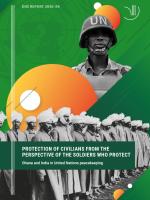 DIIS Report2020Ghana and India in United Nations PeacekeepingPeter Albrecht & Podder Sukanya
DIIS Report2020Ghana and India in United Nations PeacekeepingPeter Albrecht & Podder Sukanya
-
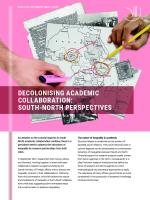 Photo/illustration by Rasmus Fly Filbert, http://rasmusfly.dk/DIIS Policy Brief2022South-North perspectivesAbdirahman Edle Ali, Alphonce Mollo, Eva Dzegblor , Fatima Dahiir, Iben Nathan, Jackson Wachira Waiganjo , Joanes Atela, Karuti Kanyinga, Kwesi Aning, Martin Marani, Mikkel Funder, Mustapha Abdallah, Nauja Kleist, Paul Stacey, Peter Albrecht, Peter Bembi…
Photo/illustration by Rasmus Fly Filbert, http://rasmusfly.dk/DIIS Policy Brief2022South-North perspectivesAbdirahman Edle Ali, Alphonce Mollo, Eva Dzegblor , Fatima Dahiir, Iben Nathan, Jackson Wachira Waiganjo , Joanes Atela, Karuti Kanyinga, Kwesi Aning, Martin Marani, Mikkel Funder, Mustapha Abdallah, Nauja Kleist, Paul Stacey, Peter Albrecht, Peter Bembi… -
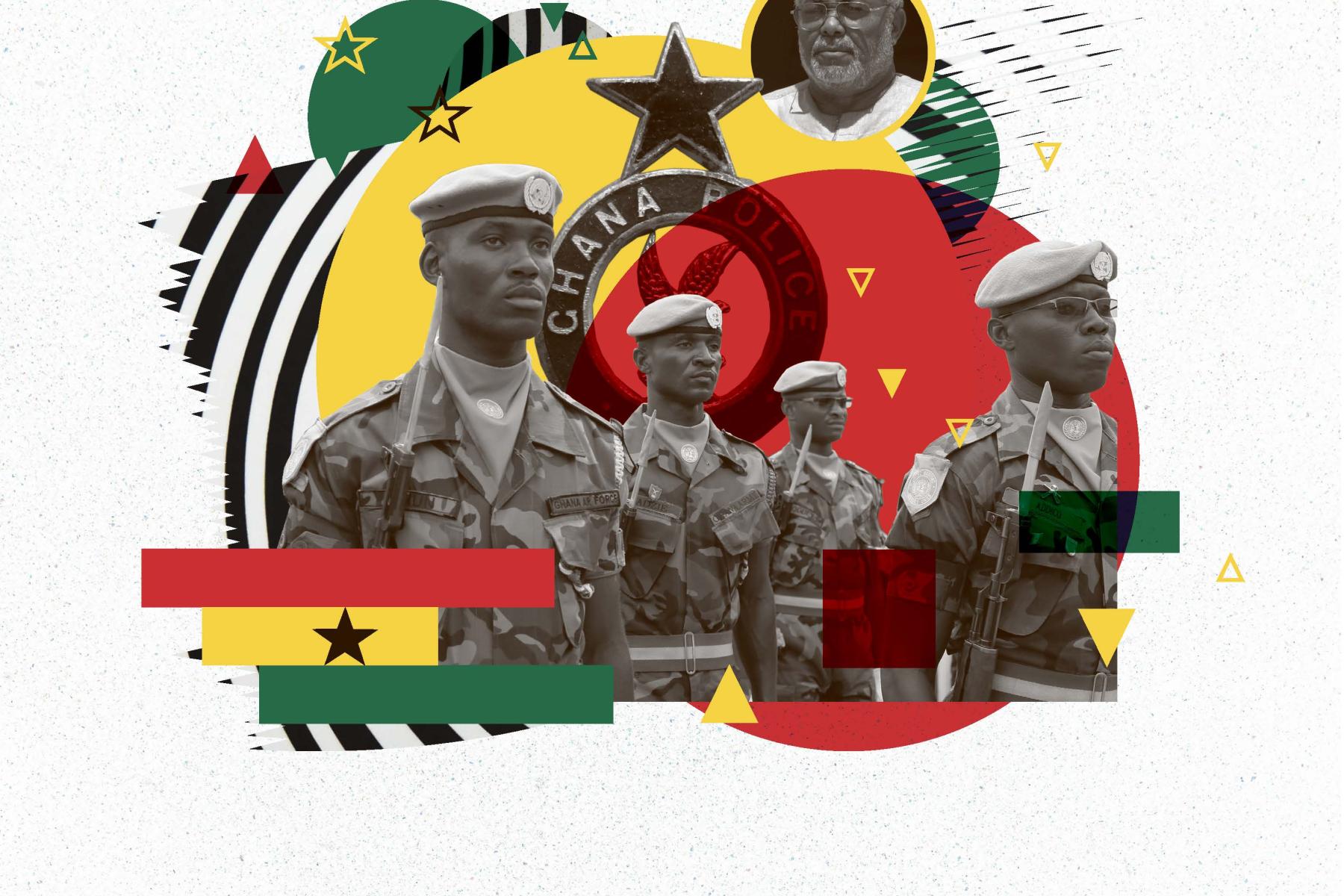 Photo/illustration by Rasmus FlyDIIS Interview2021Anne Blaabjerg Nielsen
Photo/illustration by Rasmus FlyDIIS Interview2021Anne Blaabjerg Nielsen -
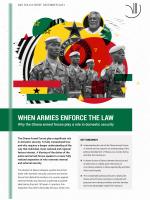 Photo/illustration by Rasmus Fly Filbert. Edited image by MONUSCO PhotosDIIS Policy Brief2021Why the Ghana armed forces play a role in domestic securityPeter Albrecht, Fiifi Edu-Afful & Festus Aubyn
Photo/illustration by Rasmus Fly Filbert. Edited image by MONUSCO PhotosDIIS Policy Brief2021Why the Ghana armed forces play a role in domestic securityPeter Albrecht, Fiifi Edu-Afful & Festus Aubyn -
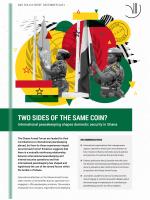 Photo/illustration by Rasmus Fly FilbertDIIS Policy Brief2021International peacekeeping shapes domestic security in GhanaPeter Albrecht, Fiifi Edu-Afful & Festus Aubyn
Photo/illustration by Rasmus Fly FilbertDIIS Policy Brief2021International peacekeeping shapes domestic security in GhanaPeter Albrecht, Fiifi Edu-Afful & Festus Aubyn -
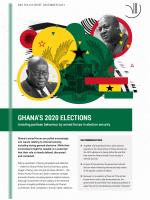 Photo/illustration by Rasmus Fly Filbert. Edited photos by Chatham House and Graham CarlowDIIS Policy Brief2021Avoiding partisan behaviour by armed forces in election securityFestus Aubyn & Peter Albrecht
Photo/illustration by Rasmus Fly Filbert. Edited photos by Chatham House and Graham CarlowDIIS Policy Brief2021Avoiding partisan behaviour by armed forces in election securityFestus Aubyn & Peter Albrecht -
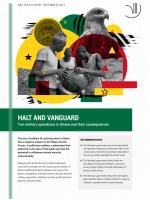 Photo/illustration by Illustration: Rasmus Fly Filbert. Edited photo by Dame YinkaDIIS Policy Brief2021Two military operations in Ghana and their consequencesPeter Albrecht, Festus Aubyn & Fiifi Edu-Afful
Photo/illustration by Illustration: Rasmus Fly Filbert. Edited photo by Dame YinkaDIIS Policy Brief2021Two military operations in Ghana and their consequencesPeter Albrecht, Festus Aubyn & Fiifi Edu-Afful -
DIIS Comment2020domestic and regional implicationsKwesi Aning
-
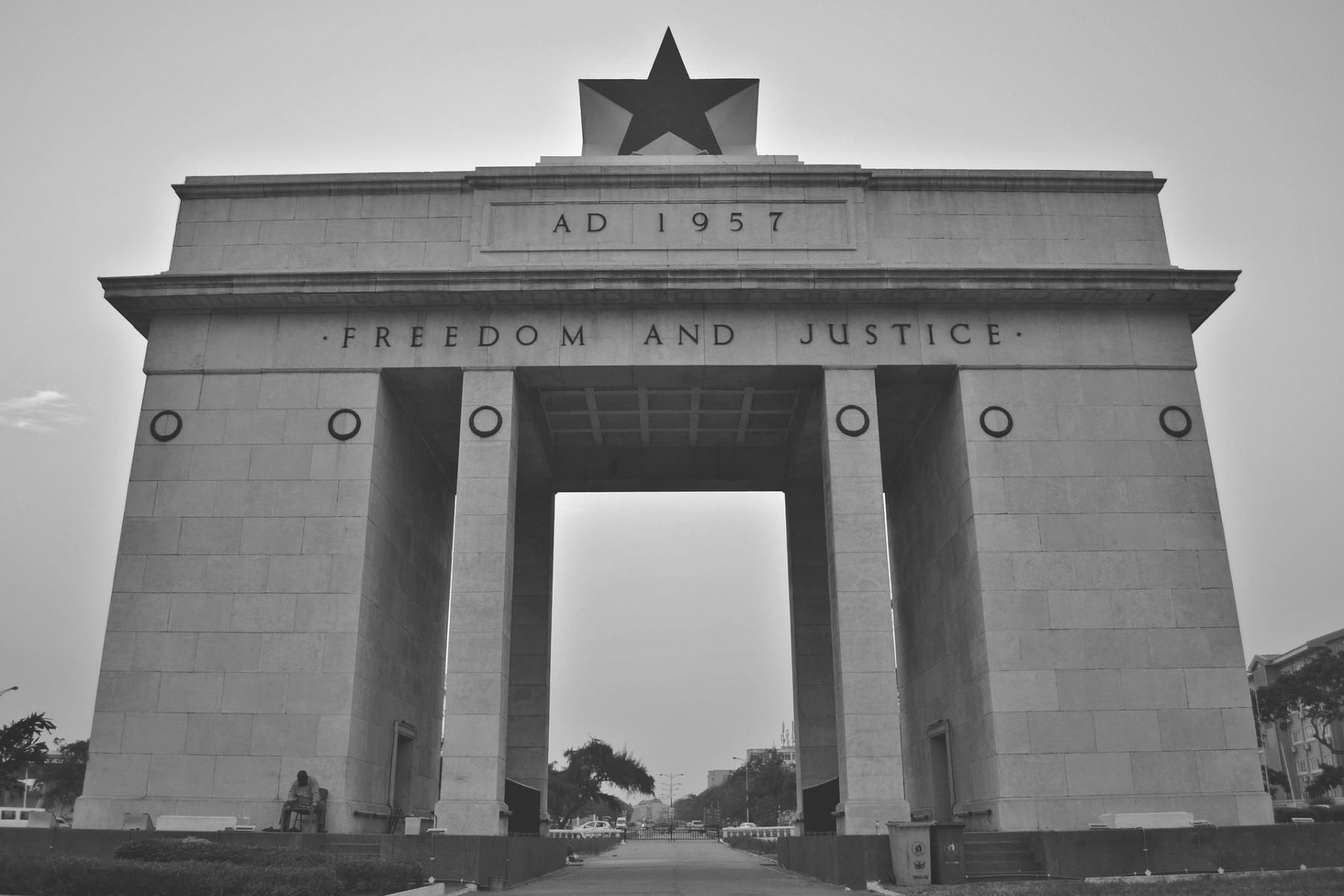 Interview2020Kwesi Emmanel Aning, Anne Blaabjerg Nielsen & Peter Albrecht
Interview2020Kwesi Emmanel Aning, Anne Blaabjerg Nielsen & Peter Albrecht -
 Photo/illustration by Pexels. Jens Mahnke. copyright licenseDIIS Interview2020Peter Albrecht & Anne Blaabjerg Nielsen
Photo/illustration by Pexels. Jens Mahnke. copyright licenseDIIS Interview2020Peter Albrecht & Anne Blaabjerg Nielsen -
 Photo/illustration by Pexels. Jens Mahnke. copyright licenseDIIS Comment2020Peter Albrecht
Photo/illustration by Pexels. Jens Mahnke. copyright licenseDIIS Comment2020Peter Albrecht -
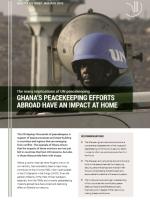 DIIS Policy Brief2019The Many Implications of UN PeacekeepingFestus Aubyn, Kwesi Aning, Emma Birikorang, Fiifi Edu-Afful, Maya Mynster Christensen & Peter Albrecht
DIIS Policy Brief2019The Many Implications of UN PeacekeepingFestus Aubyn, Kwesi Aning, Emma Birikorang, Fiifi Edu-Afful, Maya Mynster Christensen & Peter Albrecht -
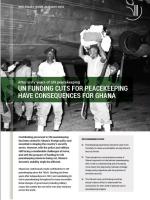 DIIS Policy Brief2019After Sixty years of UN PeacekeepingFiifi Edu-Afful, Kwesi Aning, Emma Birikorang, Maya Mynster Christensen, Naila Salihu & Peter Albrecht
DIIS Policy Brief2019After Sixty years of UN PeacekeepingFiifi Edu-Afful, Kwesi Aning, Emma Birikorang, Maya Mynster Christensen, Naila Salihu & Peter Albrecht
Contact


